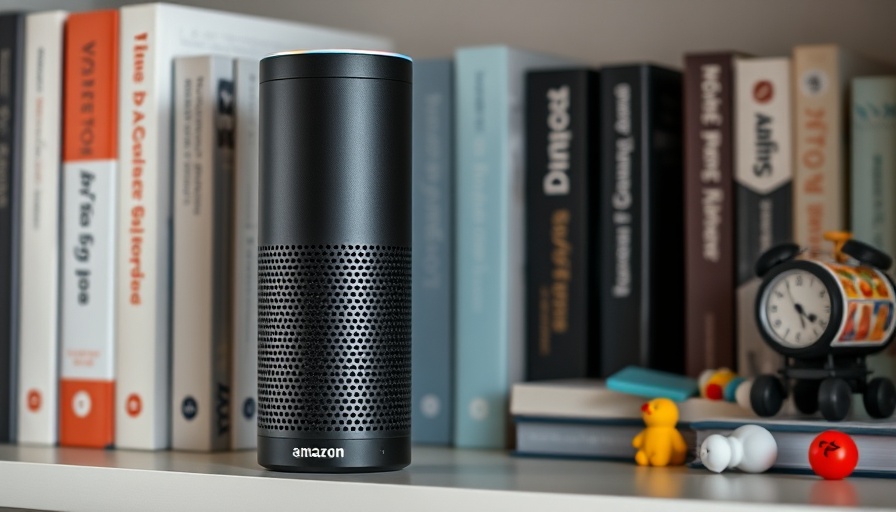
Amazon's New Voice Recording Policy: What You Need to Know
Starting March 28, 2025, Amazon's Echo devices will no longer allow users to process voice commands locally. Instead, all voice recordings will automatically be sent to Amazon's cloud for processing. This change follows an email sent to users with the "Do Not Send Voice Recordings" feature, which has been discontinued. While Amazon is introducing a new version of its voice assistant, Alexa+, that incorporates advanced generative AI capabilities, the decision raises significant concerns regarding user privacy.
The Push Towards Cloud Processing and AI
The shift to cloud processing seems to stem from Amazon's push to enhance Alexa’s functionality through AI. The new Alexa+ version is designed with features like Voice ID, which allows it to recognize different users based on their voice. However, to maximize these features, users must relinquish the option of keeping their voice recordings local. This marks a considerable change in how Amazon approaches user data and privacy, compelling users to weigh the benefits of smarter AI against their privacy preferences.
User Privacy Concerns: A History of Trust Issues
Many users are understandably hesitant about sharing voice recordings with Amazon, especially given the company's previous missteps concerning user privacy. Amazon's 2023 settlement with the Federal Trade Commission over mishandling children’s data serves as a notable example. Previous reports have also revealed that Amazon employees had access to listen to voice recordings, heightening concerns about privacy breaches.
A Compromise Between Functionality and Privacy
For users who prefer not to send their voice recordings to the cloud, Amazon states that they can choose to stop saving any interactions, but this comes at a cost: the Voice ID feature will be disabled. Users are now faced with a difficult choice: either accept Amazon's data collection practices to retain functionality or lose features like Voice ID due to prioritizing privacy. This situation exemplifies the ongoing tension between convenience and security in an increasingly interconnected world.
The Future of Smart Home Devices: Navigating the Cloud
The upcoming release of Alexa+ indicates a future where smart home devices rely heavily on cloud infrastructure. While this transition opens doors to advanced features and personalized experiences, it also necessitates a reevaluation of privacy practices by users. As more consumers are becoming aware of data implications, alternatives to cloud-dependent devices are emerging, such as Home Assistant's non-cloud-dependent options. This shift could redefine consumer expectations regarding privacy in home automation.
As Amazon refines its AI capabilities, users must stay informed about their privacy options and advocate for practices that align with their values. Ultimately, comfort with technology will shape consumer choices, encouraging companies to prioritize user privacy amidst ongoing innovation.
 Add Row
Add Row  Add
Add 




Write A Comment